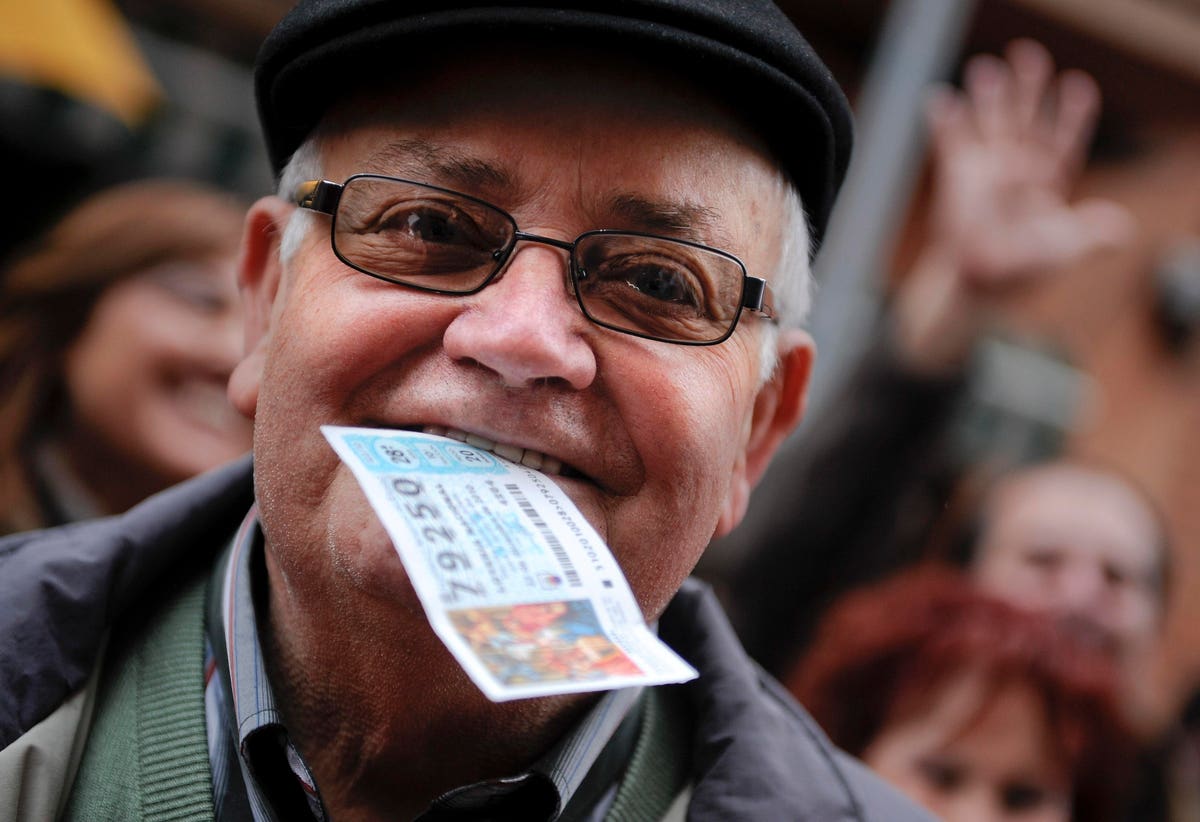I received an email the other day saying that I won a gift certificate from a sporting goods store. I was hoping for the lottery, but I knew it was a scam. I often get fake lottery emails, but this one was a play on that theme.
Any subject line with “You’ve Won!” should be deleted. It maybe the oldest swindle I can imagine, but it’s gotten fresh life with robo-emails and texts.
According to the Cybercrime Support Network (CSN), “over the last 3 years, the Better Business Bureau reported that more than 460,000 Americans have reported losing more than $330 million to lottery-related scams. As a result, it’s easy to assume that lottery scams are becoming increasingly common.”
Despite the seemingly obvious signs of a scam, hundreds of thousands are still swindled. There are plenty of red flares, which are surprisingly ignored since the desire to win money often overrules common sense. This is what the CSN found:
- The scammer will claim that you have won a large sum of money, often in the millions of dollars. They may even say that you have won a jackpot. If you’ve won the lottery, you won’t get a text.
- The scammer will usually ask for your bank account details so they can deposit the money into your account. They may also ask for your credit card number so they can deduct “processing fees.” This is the key part of the scam: What they are stealing is your financial information. Real lotteries don’t charge processing fees. Scamsters are “phishing” for valuable information they can steal and sell to other fraud merchants, often on the “dark” web.
- The scammer will insist that you send money to cover taxes or fees to claim your prize. They may even say that the government requires these fees to be paid before you can receive your prize. You’ll owe taxes if you win, but won’t have to pay them upfront. Chances are high, however, that you have won nothing.
- The scammer will often use high-pressure tactics to get you to pay, such as saying that the prize will be forfeited if you do not pay the fees immediately. They want their bogus fee or your information and will lean on you to get it. That’s another red flag.
- Did you actually buy a ticket? If someone says you have won a lottery but you didn’t buy a ticket, it’s a scam. If you are in an area outside the market area of the lottery noted as the source of the “prize,” then it is a fraud. Legitimate lotteries do not hold “international” sweepstakes, contests or awards for people who live outside their jurisdiction. So ignore that big winning from a European lottery.
Any “offer” that involves you providing payment or financial information is a scam. Also be wary of any solicitation that uses the logo and name of an actual lottery such as “Mega Millions.” According to this lottery, “no representative of Mega Millions would ever call, text, or e-mail anyone about winning a prize.”
Scammers will also use names like “United States National Lottery,” “Mega Millions Mobile Lottery,” “USA UK Mega Millions Lottery,” “Mega Millions Corporation” or “Mega Millions International Lottery.”
“The life-changing winnings,” the CSN warns, “would trick any unsuspecting person into not only believing the news but also giving scammers the necessary information to trick people out of their money.” Sometimes when you win (falsely), you lose.
Read the full article here













Leave a Reply